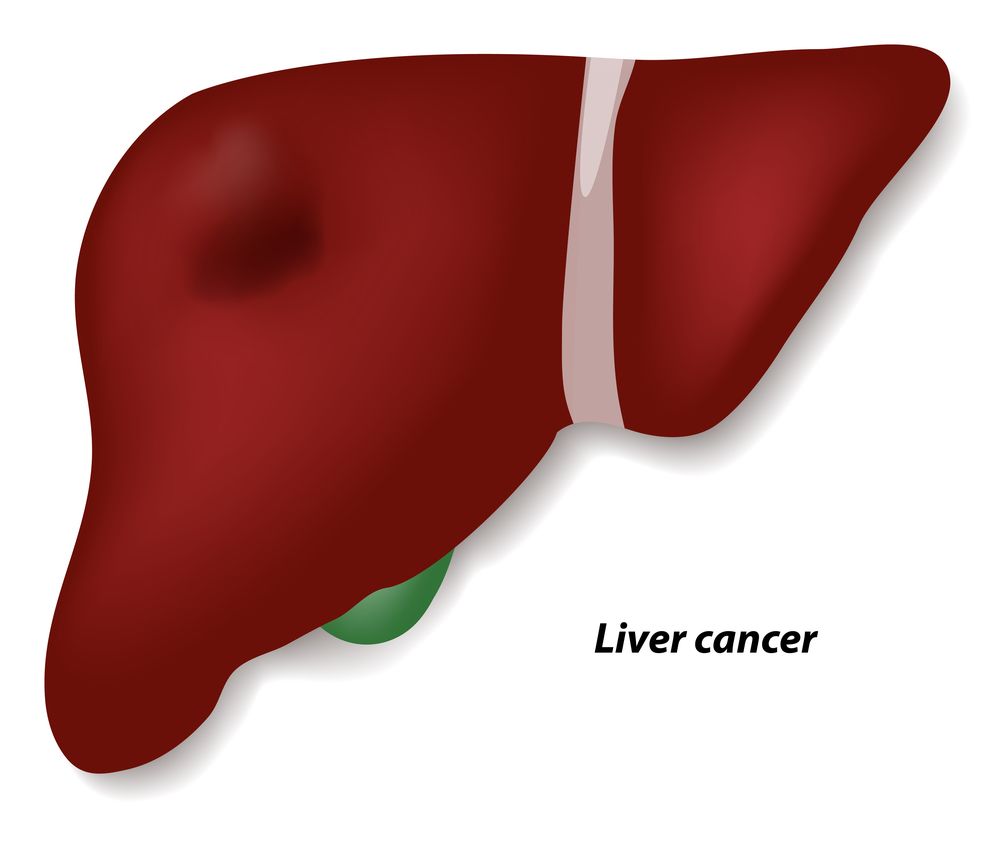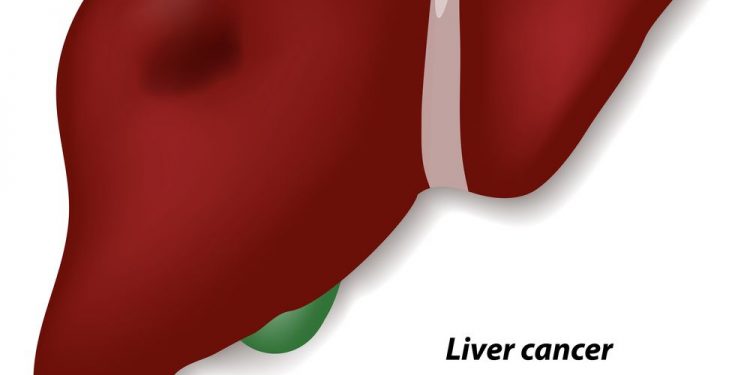Metastases are cancer cells that have spread to other parts of the body. Cancer cells often travel to the liver through the blood or lymphatic system, a network of tubes and glands that filters the body’s fluids and fights infection. Liver metastases can be caused by several types of cancer, including bowel cancer, breast cancer, lung cancer and melanoma. They can be present when a person has the original (primary) cancer or they may happen later, after the primary cancer is removed or other treatments have been given.
Liver metastases can be hard to diagnose because they don’t always cause symptoms. They can be found by doing a physical exam, blood tests and imaging studies such as CT scan or MRI, ultrasound or PET scan. A test to measure bilirubin, which is produced and passed through the liver as red blood cells break down, can also help doctors find liver metastases.
Symptoms of liver metastases can vary and include abdominal pain, jaundice, nausea and vomiting, loss of appetite and weight loss, fatigue and a general feeling of being unwell. A hepatomegaly, or enlarged liver, is usually the first sign of the disease. Jaundice can be mild or severe, depending on the amount of cancer in the liver.

The liver gets its supply of blood from the hepatic artery and the portal vein, which collects venous drainage from the pancreas, spleen and most of the gastrointestinal tract. This means that metastases can come from many different areas of the body, but they are most common from the GI tract, pancreas, esophagus, lung and melanoma.
Doctors can identify cancer spread to the liver by looking at the patient’s medical history, doing a physical exam and analyzing lab tests. If a person has a cancer that has spread to the liver, they may also have tests to check for other cancers in their body or to look at past treatments and whether they might have affected the liver.
Surgical resection is the best way to remove liver metastases that are medically or surgically inoperable. But some patients have inoperable tumors that can still be treated with radiofrequency ablation or microwave ablation and other less-invasive techniques, such as stereotactic body radiation therapy.
The outlook for a person with liver metastases depends on how far the cancer has spread, what part of the body it is from and how quickly it is growing. The type of treatment that a person has will also affect their outlook. The goal is to control the cancer and manage symptoms, which will depend on what type of cancer it is and where it started, how large the tumors are, how many there are and how they respond to treatment. Memorial Sloan Kettering doctors specializing in liver metastases can help you understand your options and work with you to decide what is best for your situation.









